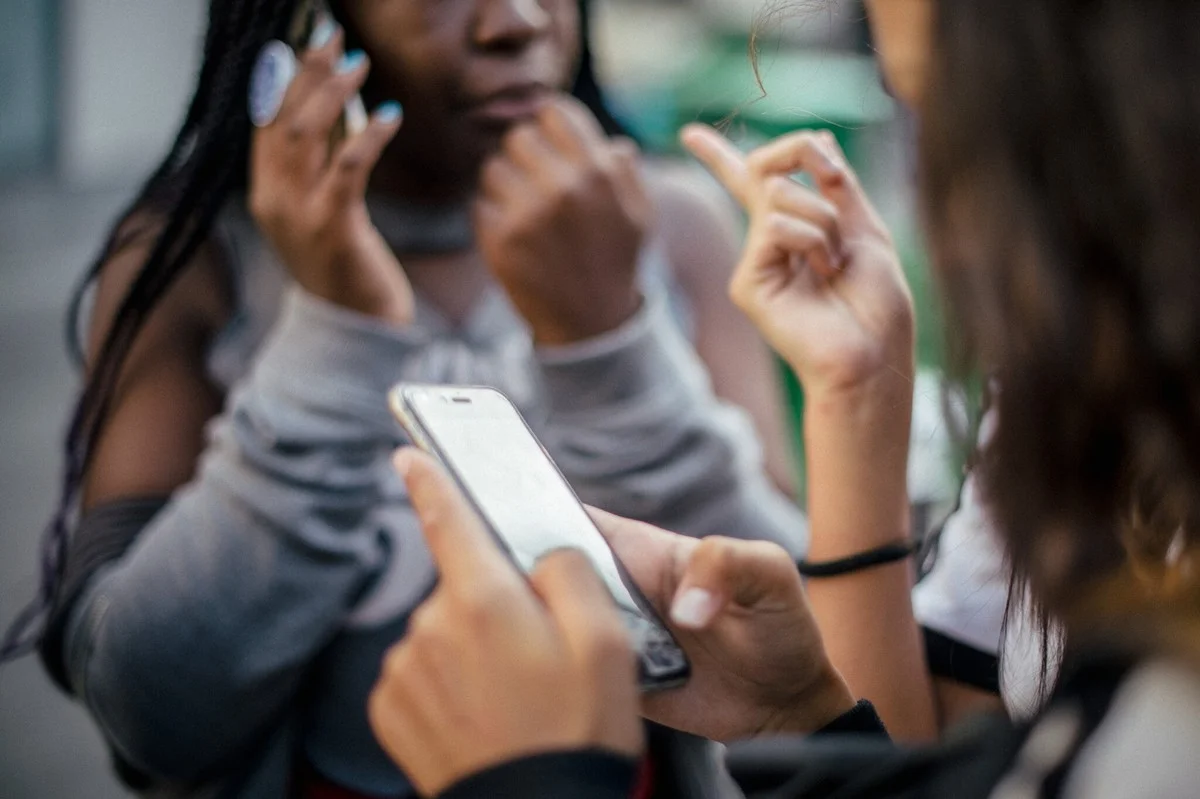14/10/2025
14/10/2025

KUWAIT CITY, Oct 14: Children who increase their social media use in the preteen years perform worse on reading, vocabulary, and memory tests during adolescence, according to a new study published in JAMA. Researchers say the findings add to growing concerns over how time spent on social platforms is affecting young minds.
"This is a really exciting study," said Mitch Prinstein, a psychologist at the University of North Carolina at Chapel Hill, who was not involved in the research. "It confirms what we've been hearing from schools across the country — that kids are struggling to focus and learn effectively, possibly due to how social media is changing the way they process information."
The study, led by pediatrician Dr. Jason Nagata of the University of California, San Francisco, used data from the Adolescent Brain Cognitive Development (ABCD) Study — one of the largest ongoing research projects on adolescents in the U.S. The study tracks thousands of children as they mature, assessing brain development and behavior over time.
Dr. Nagata and his team analyzed data from more than 6,000 children who were 9 to 10 years old at the start of the study. These children were divided into three groups based on their social media usage patterns through early adolescence.
- Low/No Use Group (58%): Kids who used little to no social media.
- Moderate Increasing Use Group (37%): Kids who used social media lightly at first but increased to about one hour per day by age 13.
- High Increasing Use Group (6%): Kids who spent three or more hours a day on social media by age 13.
All children were assessed with a series of cognitive tests at the beginning of the study and again in early adolescence. The tests measured reading and vocabulary (via oral reading recognition and picture vocabulary tests) as well as memory and other cognitive functions.
Even modest use of social media appeared to impact performance. "What was notable and surprising was that even those with about one hour of daily use by age 13 performed, on average, 1 to 2 points lower on reading and memory tasks compared to those who didn’t use social media," said Dr. Nagata.
Children in the high-use group showed even more significant effects, scoring 4 to 5 points lower than peers who avoided social media.
"This really speaks to the dosage effect of these apps," said psychologist Sheri Madigan of the University of Calgary, who authored an editorial accompanying the study. "It’s problematic at really high levels, but it’s also problematic in small doses."
While a few points may seem minor, psychologists say the long-term implications could be more serious. "Kids are a moving target," said Prinstein, who is also chief of psychology strategy and integration at the American Psychological Association. "A slight divergence now can mean significant gaps in learning and development in two, three, or five years."
The findings also raise concerns about social media use in older teens. "We expect that when they hit 15, 16, 17, their usage will increase significantly," said Dr. Nagata. "That could lead to even larger gaps in cognition and academic performance later."
Earlier research by Nagata’s team has shown that nearly two-thirds of children begin using social media before age 13, with the average user managing three accounts. The same research found high rates of smartphone-related symptoms in kids aged 10 to 14:
- 50% of smartphone users said they lose track of time while using their phones.
- 25% of social media users admitted to using it to forget about their problems.
- 11% said social media had negatively affected their schoolwork.
Adolescence is a critical time for brain development, second only to infancy in terms of structural reorganization. Prinstein and his colleagues recently found that heavy social media users show heightened sensitivity in brain regions linked to peer feedback and reward.
"What we’re seeing is that kids' brains become optimized for the kind of rapid, constant feedback found on social media," said Prinstein. "That may come at the expense of other cognitive functions like reading, memory, and learning."
The new study’s findings align with this view, reinforcing the idea that brains shaped by constant online feedback may struggle with tasks that require sustained focus or deeper processing.
For Dr. Madigan, the research highlights an urgent need for policy intervention. "We have good-enough evidence now to begin creating specific regulations, including age limits for social media use," she said.
Some countries are already moving in that direction. Denmark recently announced plans to ban social media for users under 15, while Australia will require platforms to take “reasonable steps” to prevent users under 16 from signing up or maintaining accounts, starting in December 2025.
Madigan hopes more nations follow suit. "I think we’ll see a trickle effect — and that’s going to be really beneficial for kids."


